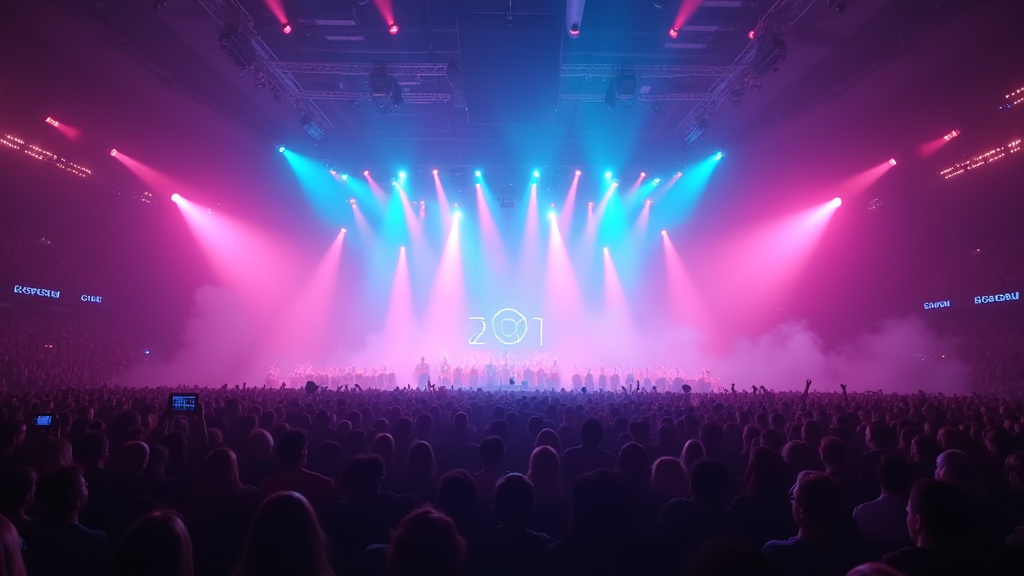In a significant strategic move within the rapidly evolving artificial intelligence music sector, AI music startup Suno has announced the acquisition of WavTool, a sophisticated browser-based digital audio workstation (DAW). The deal, finalized earlier this year, is aimed at bolstering Suno’s platform with advanced music editing and production capabilities, directly addressing the needs of music creators using its generative AI tools.
Enhancing the Creator Workflow
The integration of WavTool’s features into Suno’s new editing interface promises to provide users with a more comprehensive suite of tools for refining AI-generated music. Key functionalities being incorporated include stem separation, allowing users to isolate individual elements of a track like vocals, drums, or instruments; enhanced AI-assisted composition features; and advanced audio generation tools. This move signals Suno’s commitment to moving beyond mere generation, offering a more complete workflow from initial AI concept to polished final production.
WavTool, which was founded in 2023, ceased its independent operations in November 2024 as part of the acquisition process. Suno has confirmed that most of WavTool’s team members have transitioned to Suno, integrating primarily into the product and engineering divisions. This infusion of talent is expected to accelerate the development and refinement of Suno’s creator tools and overall platform architecture.
Navigating a Complex Legal Landscape
This strategic expansion through acquisition unfolds against a backdrop of ongoing and intensifying legal challenges for Suno. The company is currently defending itself against multiple copyright infringement lawsuits brought by various players in the music industry. The latest such legal action comes from 5th Wheel Records and artist Tony Justice, who filed a new lawsuit alleging unauthorized use of copyrighted material in Suno’s training data or output.
This recent suit notably mirrors earlier, high-profile copyright infringement claims filed by major record labels, including Universal Music Group, Warner Music Group, and Sony Music Entertainment. These earlier actions, initiated by some of the world’s largest music rights holders, have placed generative AI music companies like Suno at the forefront of legal battles concerning intellectual property rights in the age of AI. The core of these disputes often revolves around whether AI models are trained on copyrighted music without proper authorization and whether their outputs infringe existing works.
Industry analysts suggest that these legal confrontations are likely to continue as the music industry and AI developers grapple with establishing clear frameworks for copyright, licensing, and compensation in the realm of generative audio. The outcomes of these lawsuits could set significant precedents for the future development and deployment of AI technologies in creative fields.
Investment, Development, and Future Strategy
Despite the legal pressures, Suno continues to attract significant investment and push forward with its product development roadmap. The company secured substantial funding, totaling $125 million, in May 2025. This funding round underscored investor confidence in Suno’s technology and market position, even amidst the uncertain legal environment.
Suno has publicly stated its priority remains on product development, emphasizing the creation of innovative and user-friendly tools for music generation and editing, as demonstrated by the WavTool acquisition. Simultaneously, the company is reportedly engaged in ongoing licensing negotiations with various music rights holders. These discussions are crucial for potentially reaching agreements that could provide Suno with authorized access to copyrighted music libraries for training data or other purposes, potentially mitigating future legal risks and paving a path towards more harmonious coexistence with the traditional music industry.
Conclusion
The acquisition of WavTool represents a strategic consolidation of technology and talent for Suno, enhancing its platform’s capabilities for creators at a critical juncture. As Suno integrates WavTool’s sophisticated DAW features to offer a more complete music production suite, it must simultaneously navigate complex and costly legal battles over copyright. Backed by recent significant funding, the company appears intent on pursuing a dual strategy: relentless product innovation while seeking to resolve intellectual property disputes through both litigation and licensing discussions with music rights holders. The coming months will be crucial in determining how Suno’s technological advancements intersect with the legal and economic realities of the global music ecosystem.





